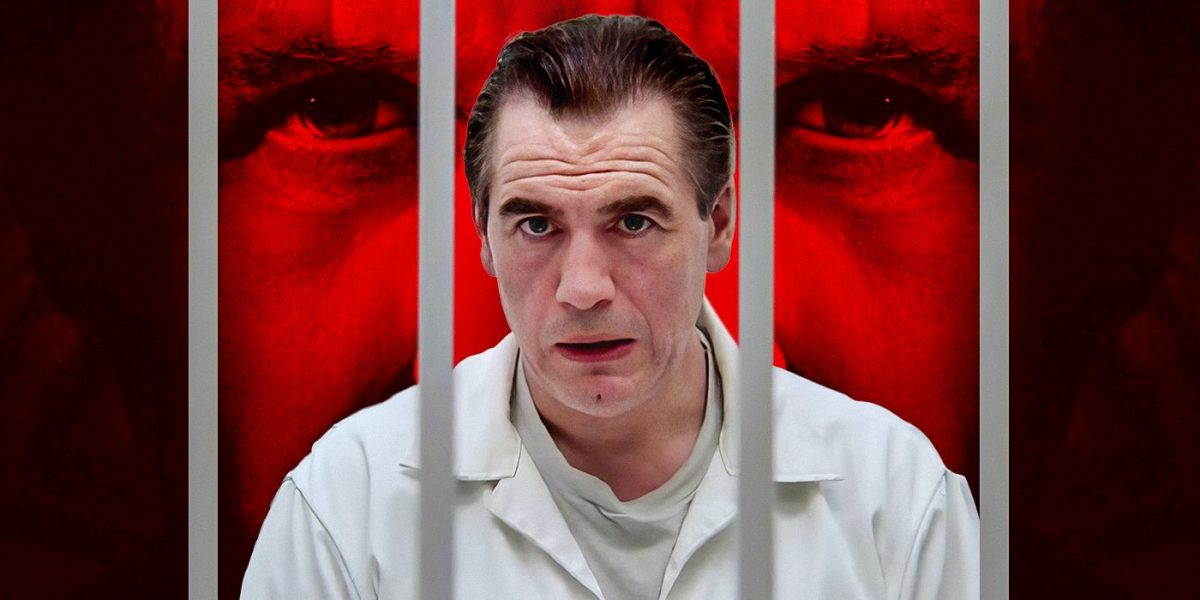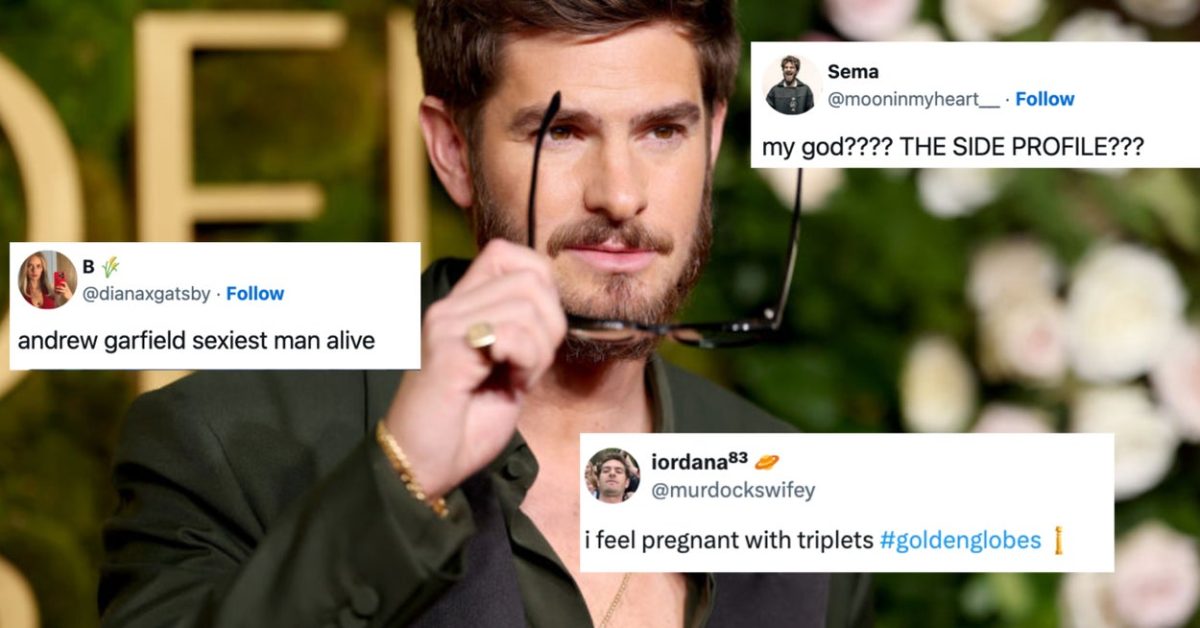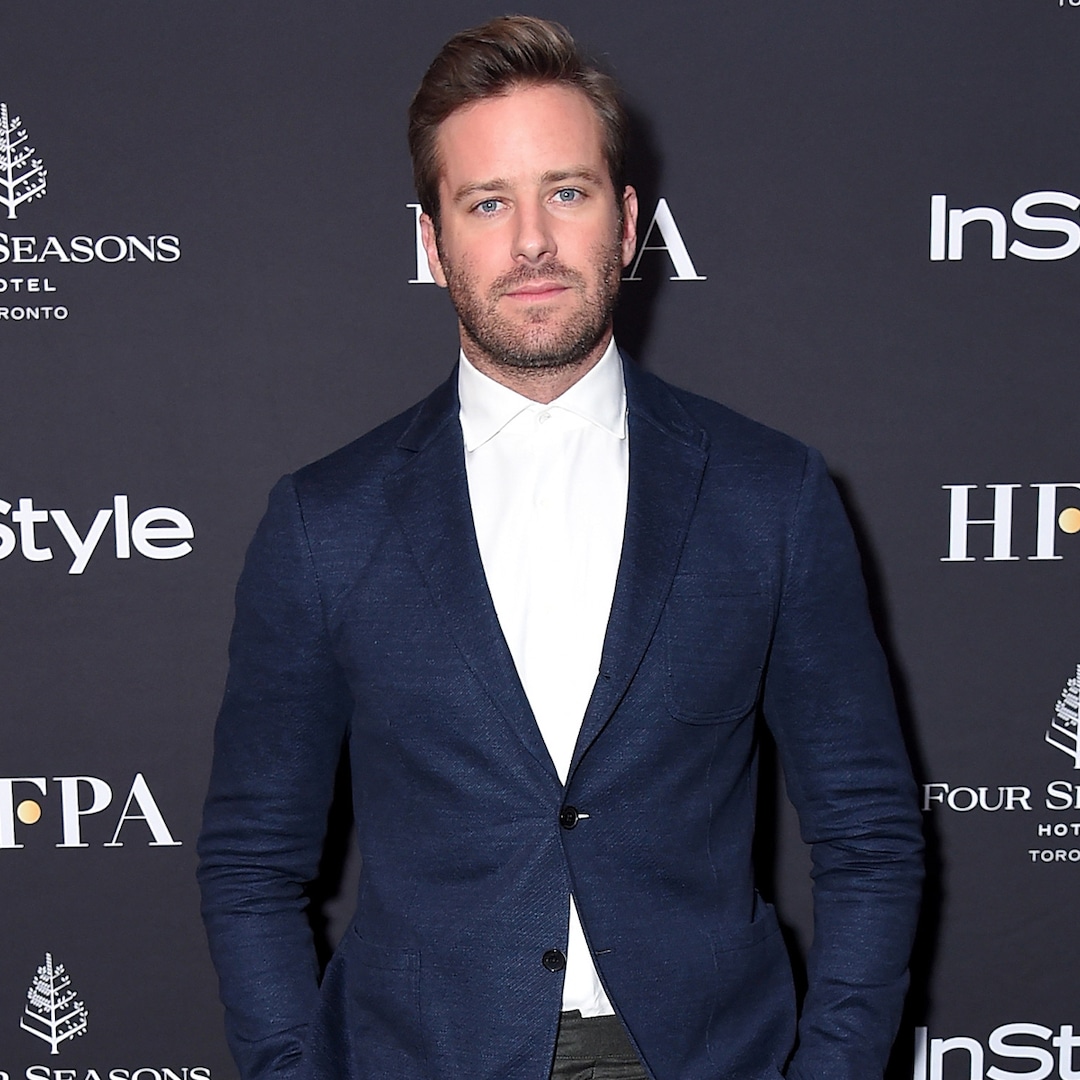
How Similar Is Michael Mann’s Manhunter to the Novel It’s Based On?
Feb 17, 2024
The Big Picture
Manhunter
is the first movie to feature the Hannibal Lecter character and faithfully adapts the book it’s based on, but simplifies the source material’s complex themes, especially its ending.
Manhunter
is Michael Mann’s third film and showcases many of his thematic and stylistic trademarks, resulting in a moody, gritty crime thriller.
Manhunter
features spectacular performances from William Petersen and Brian Cox as Will Graham and Hannibal Leckter, respectively; in
Red Dragon
, a 2002 adaptation of the same book, Anthony Hopkins and Ralph Fiennes are the standouts.
Manhunter holds a fascinating place in the Hannibal Lecter canon. Released in 1986, it’s the first time fiction’s most famous (and beloved?) cannibal hit movie screens. No connectivity exists with the four subsequent films. The third outing by soon-to-be-heralded filmmaker Michael Mann, it met with a lukewarm reception. Almost 40 years down the road, the consensus puts Manhunter anywhere between “excellent” to “masterpiece” on the reexamination scale. For Mann aficionados, the film is a gold mine. For fans of a polite psychiatrist-turned-serial-killer, how does Manhunter fare as an adaptation? Not too badly — with some key caveats.
Manhunter FBI criminal profiler Will Graham (William L. Petersen) is called out of early retirement to assist on a serial murder case involving a killer known as the “Tooth Fairy” (Tom Noonan). Graham enlists the help of imprisoned serial killer — and cannibal — Dr. Hannibal Lecktor (Brian Cox), who is the reason Graham took an early retirement. Soon, Graham and the FBI are entangled in a deadly cat-and-mouse game between the Tooth Fairy, Lecktor and an interfering journalist (Stephen Lang).Release Date August 14, 1986 Director Michael Mann Runtime 119 Writers Thomas Harris , Michael Mann
What Is Michael Mann’s ‘Manhunter’ About?
Based on Thomas Harris’s 1981 novel Red Dragon, Manhunter deserves high marks for retaining almost every major plot beat. FBI agent and expert criminal profiler Will Graham (William Petersen) emerges from retirement at the behest of his old boss, Jack Crawford (Dennis Farina), to find an especially elusive serial killer nicknamed “the Tooth Fairy.” Doing so dredges up Will’s trauma surrounding his near-death experience at the hands Dr. Hannibal Lecktor (Brian Cox; yes, the “k” and “o” are deliberate), enhanced by how easily Will understands the mentality of the depraved.
For Michael Mann, Manhunter represents an artist’s evolution. Time would see the filmmaker bring his hallmarks into clearer focus. Here, he’s finding his voice, and it’s a darn good one. A professional man teeters on corruption’s edge, criminals and investigators receive an equal psychological spotlight, and moody urgency sticks to Manhunter like peanut butter on the roof of a mouth. He shapes each location into a character, cities made feral by grit and cinematographer Dante Spinotti’s neon-drenched, neo-noir color palette. Despite an over-reliance on ’80s synth-rock, Mann’s guiding hand produces an unsettling, kinetically watchable thriller.
Since Manhunter is lavishly faithful from a bird’s eye perspective, comparing the book and movie boils down to “the devil’s in the details.” Mann’s changes might be subtle, but they’re a telling reflection of how his storytelling sensibilities differ from Thomas Harris’s. The true question becomes whether Mann’s alterations benefit the product, and if what’s lost in translation is a worthwhile concession. The answer? Not quite. But neither should Manhunter be the proverbial baby tossed out with the bathwater.
‘Manhunter’ Isn’t as Complex as ‘Red Dragon’
Image via De Laurentiis Entertainment Group
The biggest differences are a consequence of that familiar, inescapable rock-and-a-hard place: the 2-hour movie curse. Red Dragon’s thematic complexity gets watered down to a puzzle replica that’s missing the most fulfilling pieces. Most notably, Manhunter’s structure mimics the novel by not introducing the Tooth Fairy, aka Francis Dollarhyde (Tom Noonan), until the halfway mark. Of course, Red Dragon has the luxury of time; it pauses to reveal Dolarhyde’s (spelled with one L) backstory. Manhunter doesn’t pursue that, and doing so might have disrupted its pacing.
Nonetheless, holding Dollarhyde back doesn’t afford Manhunter enough time to sketch his complicated humanity. Thomas Harris always leverages the horror element of the crime thriller, both through appalling violence and by forcing his audience to acknowledge his killers’ humanity. He doesn’t evoke sympathy or condone their behavior; the fact that self-made monsters aren’t incapable of amicable emotions is deeply uncomfortable and deeply terrifying. By contrast, Manhunter’s Dollarhyde is your typical boogeyman held at an emotional distance.
Limiting Dollarhyde trickles down into Reba McClane (Joan Allen), who personifies an unfortunate Mann tendency: the blandly characterized damsel in distress. Consequently, Reba and Dollarhyde’s “romance” lacks build-up, reason, chemistry, and dimensionality. Even Harris’s most male-fronted stories, like Red Dragon, feature women with spines of steel and minds to match.
‘Manhunter’ and ‘Red Dragon’ Have Different Endings
Image via De Laurentiis Entertainment Group
When it comes to the starkest change, Manhunter’s ending is a doozy. Thomas Harris has Dolarhyde fake his death, invade the Graham home, and brutally stab Will before Will’s wife Molly shoots Dolarhyde to death. Manhunter shucks subversion out the window so Will can jump through the window: Dollarhyde’s window, to be precise. Will receives a Big Damn Hero moment complete with a dramatic, slow-motion shoot-out that leaves Dollarhyde deceased and Reba rescued. An unharmed Will reunites with his family; cue credits, complete with a “soundtrack available on vinyl” recommendation. Behold: instantly cured PTSD!
Manhunter’s conclusion reads cleaner on paper. In this case, going simpler provides less satisfaction. It also misses Harris’s thematic mark: his already traumatized protagonist concludes that nature doesn’t give a rip what happens to humankind. Instead, “men are haunted.” Welcome to Bleak Town, devoid of easy answers, population 101.
William Petersen and Brian Cox’s Performances Deserve More Recognition
Finale adjustments aside, William Petersen inhabits Will Graham and is spectacular at every turn, a casting choice Mann “fought for” over traditionally famous stars. The CSI actor walks a fine line between a professional human bloodhound and an unfettered hot mess. Physically, Petersen’s slightly grimy edge predates the Hannibal series. Emotionally, he slips between social reserve, abrasive anxiety, and a guy that, when pressed, flips a reporter onto a car hard enough to shatter the windshield. And “recovering” the criminal mindset by picking Hannibal Lecktor’s brain ends as well as you’d expect — a jumpy, vulnerable Will barely staving off a panic attack.
Related Michael Mann’s Only Horror Movie Is a Brilliant Disaster The Oscar-nominated filmmaker behind ‘Heat’ and ‘Collateral’ wasn’t afraid to get scary.
Red Dragon isn’t a showy debut for a literary icon. Hannibal’s a minor character, with Manhunter giving Brian Cox an equivalent screentime. Manhunter also takes the less sensationalized route by removing cannibalism from the equation. This Hannibal “just” murdered his patients. What Cox’s Lecktor is, then, is studied, thoughtful, and blood-chillingly nasty. Ironically, world’s worst dad frontrunner Logan Roy wasn’t Michael Mann’s first choice. Brian Dennehy, an actor on Mann’s shortlist, recommended Cox, who infuses Hannibal Lecktor with the gravitas of a Shakespearian-trained actor — in unexpected ways. Without any cultural expectation to inform his performance, Cox drew inspiration from Peter Manuel, a serial killer from Cox’s native Scotland.
“Evil seems to me something which is absent rather than something which is present,” Cox explained to Total Film. “And that’s what struck me about Lecktor. He was a very intelligent man but he had completely no moral sense whatsoever.” Within a few precious minutes, Cox personifies this concept. This understated Hannibal Lecktor vacillates between emotions. He’s polite but barely tolerates Will’s presence. He borders on petulant, disdainfully taunting and prodding for weaknesses. His words slice as fast as a chef’s knife chopping vegetables, like his tongue can’t keep pace with his brain. He perks up when Will feeds into his arrogance. He presents himself as laissez-faire, but Hannibal is desperately bored, a predator pacing his cage and waiting for a chance to snap.
Snap he does, but verbally. When he deigns to look at Will, his stare pierces to the core as efficiently as if he were lobotomizing a brain. His observations turn vindictive, cruel. If Anthony Hopkins was a horror movie monster and Mads Mikkelsen a symbolic devil, then Cox is the human man you’d meet on the street. That’s terrifying in a different but just as visceral way. He’s as accurate as if the good doctor slinked straight off the page.
How Does the ‘Red Dragon’ Movie Compare to ‘Manhunter’?
Image via Universal Pictures
Comparing Red Dragon the film to Manhunter is a study in complementary opposites. Within the same runtime, The Silence of the Lambs screenwriter Ted Tally’s take covers the same narrative steps with enhanced character depth. Released in 2002, a year after the highly anticipated Hannibal movie, this was peak Hannibal Lecter era. Consequently, Red Dragon increases Anthony Hopkins’s screentime to the point it becomes a Hannibal movie. For his third and final turn in the role, Hopkins remains delightfully eerie even when he samples from the charcuterie board of caricature.
Most notably, Red Dragon incorporates Francis Dolarhyde (Ralph Fiennes) from the start, and accurately. Keeping his abusive childhood and grounding his relationship with Reba (Emily Watson) in emotion contrasts with his crimes, which comes back around to infuse the positives with tragedy. Part of this is because Red Dragon gives Reba her proper flowers. She knows her worth and hates fake pity. Her kindness doesn’t make her foolish. She rescues herself from a fire, putting Manhunter to shame. Like the novel, she exists separate from Dolarhyde while still triggering his internal conflict: they connect because they’re social outcasts. She touches what’s left of his desecrated heart, which Fiennes reflects in his multifaceted performance. Vulnerability, anger, insult, menace, and arrogance all inhabit Dolarhyde, and with little dialogue. The most frightening part of Freddy Lounds’s (Philip Seymour Hoffman) murder isn’t the gratuitous violence; it’s Dolarhyde’s hulking, venomous presence.
Edward Norton’s Will Graham Isn’t Compelling
What becomes of Will Graham in all this? He’s lost in the mix. Edward Norton delivers a competent performance but rarely breaks from the traditional hero mold. Returning to the field? Easy. Seeing Hannibal again? Will’s indifferent; at most, apprehensive. This last choice happened at Norton’s “insistence.” Compared to William Petersen or Hugh Dancy and combined with a script minimizing his guilt-ridden moral ambiguity, Norton isn’t as interesting to watch.
Perhaps it’s a fair trade considering Red Dragon’s vastly improved take on Molly Graham (Mary-Louise Parker). In Manhunter, Molly (Kim Greist) lacks a personality beyond that of a supportive, sexually available wife and metaphorical accessory. Parker doesn’t have more screentime, but she immediately asserts herself with acerbic compassion thanks to a script following the novel’s blueprint. Molly killing Dolarhyde is a desperate measure, not badassery, but the wife and mother still saves the day.
Admittedly, Red Dragon also avoids the novel’s bleak ending. The Graham family escape on their boat, and Will’s facial scars are minor. The tone strikes more sinister than Manhunter, implying that the emotional scars will prevail. Hannibal Lecter will always sit in Will’s head, narrating his darkest impulses — just like those lambs always scream. Thomas Harris’s point stands.
Manhunter is available to rent on Prime Video in the U.S.
Rent on Prime Video
Publisher: Source link
Aubrey Plaza Issues Statement After Jeff Baena’s Death
The 40-year-old star and Jeff’s family issued a statement to People on Monday, where they called their loss an “unimaginable tragedy.”The Los Angeles County coroner’s office previously determined that Jeff died by suicide in his LA home. He was 47…
Jan 10, 2025
Jill Duggar’s Husband Clarifies Where He Stands With Jim Bob Duggar
Jessa Duggar (m. Ben Seewald)Jim Bob and Michelle's fifth child, Jessa Duggar, was born Nov. 4, 1992. Jessa met Ben through church and he began courting her in 2013—the old-fashioned approach to romance coming as a brand-new notion to a lot…
Jan 10, 2025
The Internet Has Officially Lost It Over Andrew Garfield's Slutty Glasses
That man knew exactly what he was doing with those glasses.View Entire Post › Disclaimer: This story is auto-aggregated by a computer program and has not been created or edited by filmibee.Publisher: Source link
Jan 9, 2025
Armie Hammer Lands First Movie Role Since Cannibalism Allegations
Armie Hammer Cameos As “Kannibal Ken” in Music Video 4 Years After Cannibalism ClaimsArmie Hammer is heading back to the big screen. More than one year after the Los Angeles Police Department ended their lengthy investigation into the Call Me…
Jan 9, 2025











